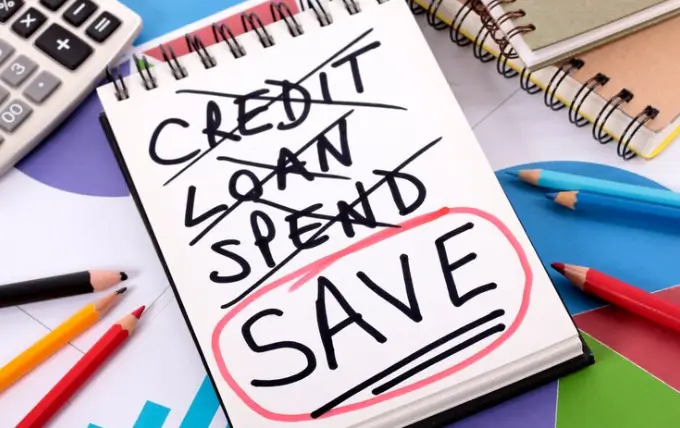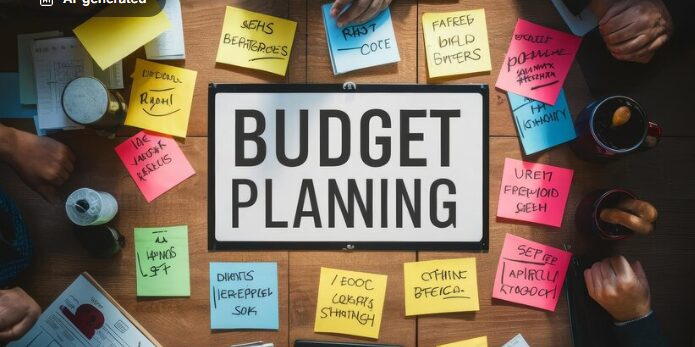How to Improve Your Credit Score Fast: 6 Simple Tips
Your credit score plays a crucial role in your financial health. Whether you’re applying for a loan, renting an apartment, or even getting a job, a strong credit score can open doors to better opportunities. But what if your score isn’t where you want it to be? The good news is there are steps you can take to improve your credit score fast.
In this blog, I’ll walk you through six simple tips that can help boost your credit score quickly. These actionable strategies are designed to give your score the push it needs, helping you achieve your financial goals faster.
Table of Contents
Ready to take control of your credit? Let’s dive in!
1. Check Your Credit Report for Errors
One of the quickest ways to improve your credit score is to ensure that your credit report is accurate. Mistakes on your report can drag down your score, so it’s essential to review it regularly.
- Request a Free Report: You’re entitled to a free credit report from each of the three major credit bureaus (Equifax, Experian, and TransUnion) once a year through AnnualCreditReport.com.
- Look for Errors: Check for incorrect account information, outdated balances, or fraudulent activity.
- Dispute Inaccuracies: If you find any errors, file a dispute with the credit bureau. Correcting these mistakes can lead to an immediate boost in your credit score.
Pro Tip: Set a reminder to check your credit report at least once a year to stay on top of your financial health.
2. Pay Down High Balances to Improve Your Credit Score Fast
Your credit utilization ratio—how much of your available credit you’re using—has a significant impact on your credit score. The lower your balances, the better your score.
- Focus on High Balances: If you have multiple credit cards, prioritize paying down those with the highest balances first.
- Keep Utilization Below 30%: Aim to keep your credit utilization below 30% of your total credit limit. For example, if you have a $10,000 credit limit, try to keep your balance under $3,000.
Why it works: Lowering your credit utilization ratio can have a rapid and positive impact on your credit score.
3. Pay Your Bills on Time
Your payment history is the most significant factor in determining your credit score. Even one missed payment can seriously hurt your score, so it’s essential to pay all your bills on time.
- Set Up Automatic Payments: Avoid late payments by setting up automatic payments through your bank or credit card issuer.
- Use Reminders: If automatic payments aren’t an option, set reminders on your phone or calendar to pay your bills before the due date.
Remember: Consistently paying your bills on time will build a strong paymenthistory and improve your credit score over time.
4. Increase Your Credit Limit

Another way to improve your credit utilization ratio is to increase your credit limit. This can help lower your utilization rate without having to pay down your balances.
- Request a Credit Limit Increase: Contact your credit card issuer and ask for a credit limit increase. If you have a good payment history, they may approve your request without a hard inquiry on your credit report.
- Don’t Increase Spending: While a higher credit limit can improve your utilization ratio, it’s crucial not to increase your spending. Keep your balances low to maximize the benefit.
Pro Tip: Only request a credit limit increase if you’re confident you won’t be tempted to spend more.
5. Become an Authorized User
If you have a trusted family member or friend with a strong credit history, ask if they’ll add you as an authorized user on their credit card account.
- Boost Your Score: As an authorized user, their good payment history and low credit utilization will reflect positively on your credit report.
- No Responsibility: You won’t be responsible for the payments, but you’ll benefit from the account’s history.
Why it works: This strategy can quickly boost your credit score, especially if you’re new to credit or have a limited credit history.
6. Avoid New Credit Inquiries to Improve Your Credit Score Fast
Each time you apply for credit, a hard inquiry is recorded on your credit report. While one or two inquiries won’t have a major impact, multiple inquiries within a short period can lower your score.
- Be Selective: Only apply for new credit when it’s necessary. Avoid opening multiple new accounts in a short time.
- Consider Pre-Qualification: Before applying for a credit card or loan, see if you can get pre-qualified. This usually involves a soft inquiry, which doesn’t affect your credit score.
Pro Tip: Space out your credit applications to minimize the impact on your score.
Start Improving Your Credit Score Today!
Improving your credit score doesn’t have to be a long and complicated process. By following these six simple tips, you can improve your credit score fast and start enjoying the benefits of a higher score—like better interest rates, easier loan approvals, and more financial opportunities.
Ready to take the next step? Start by checking your credit report for errors, paying down your balances, and making sure you never miss a payment. Consistency is key, and with these strategies, you’ll be on your way to a stronger credit score in no time.
Downloadable Resource:
Free Credit Improvement Checklist
Download our free checklist to guide you through the steps of improving your credit score. Get actionable tips and track your progress towards a better financial future!






